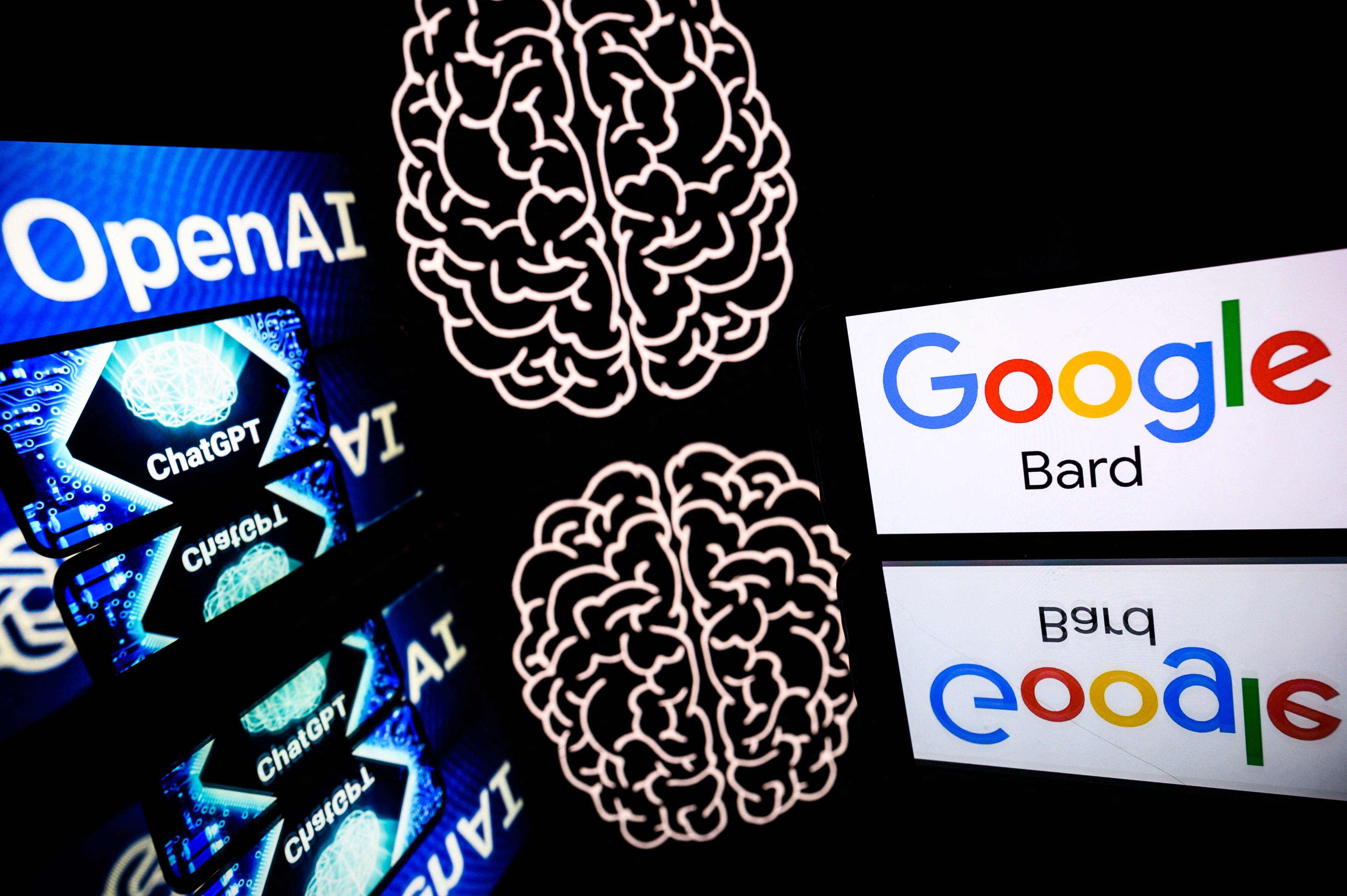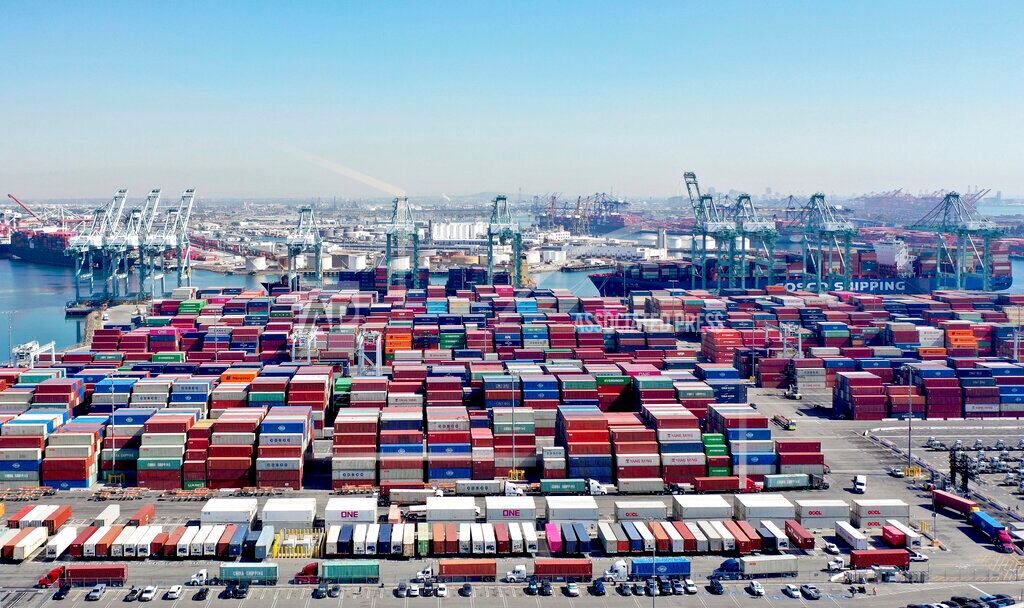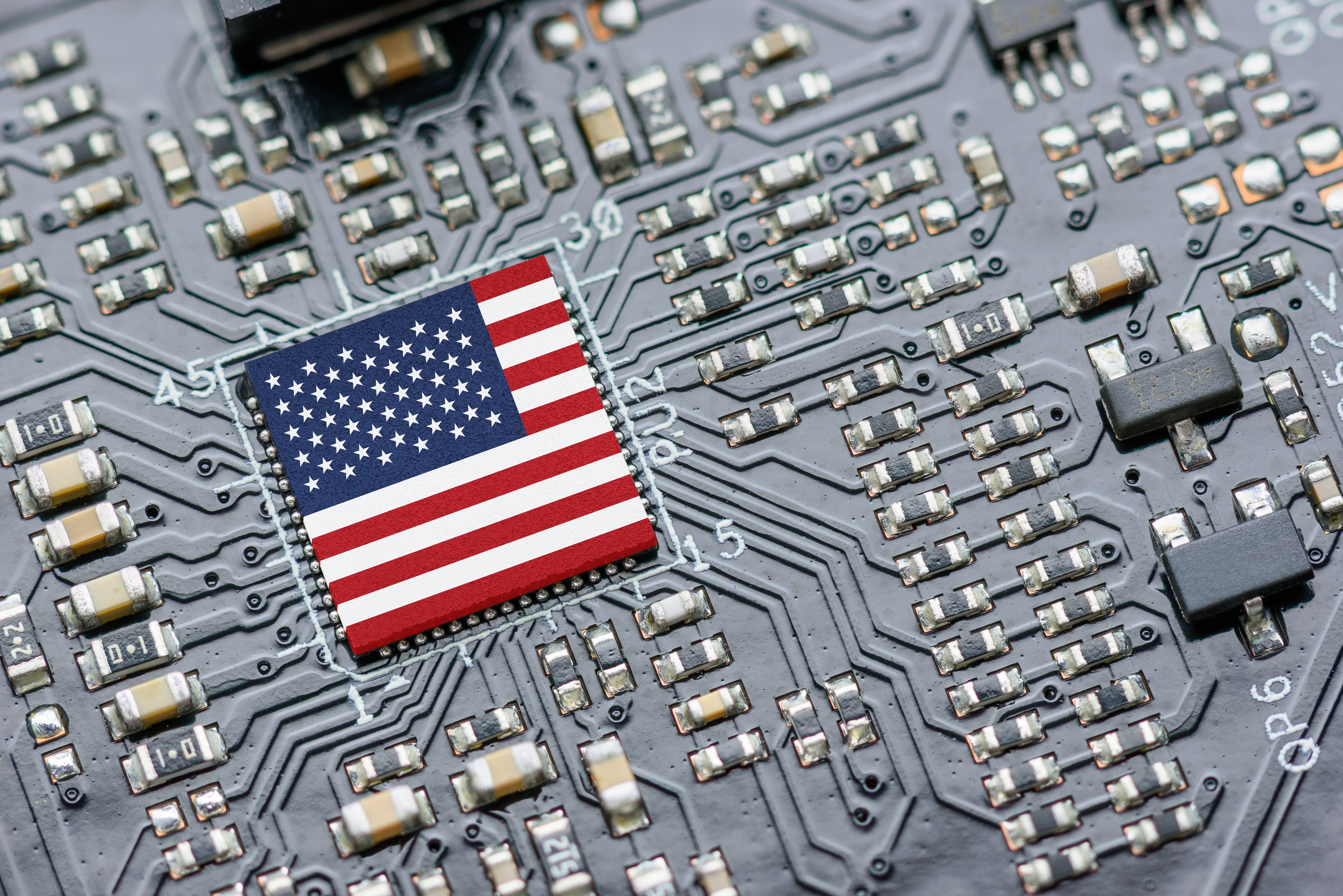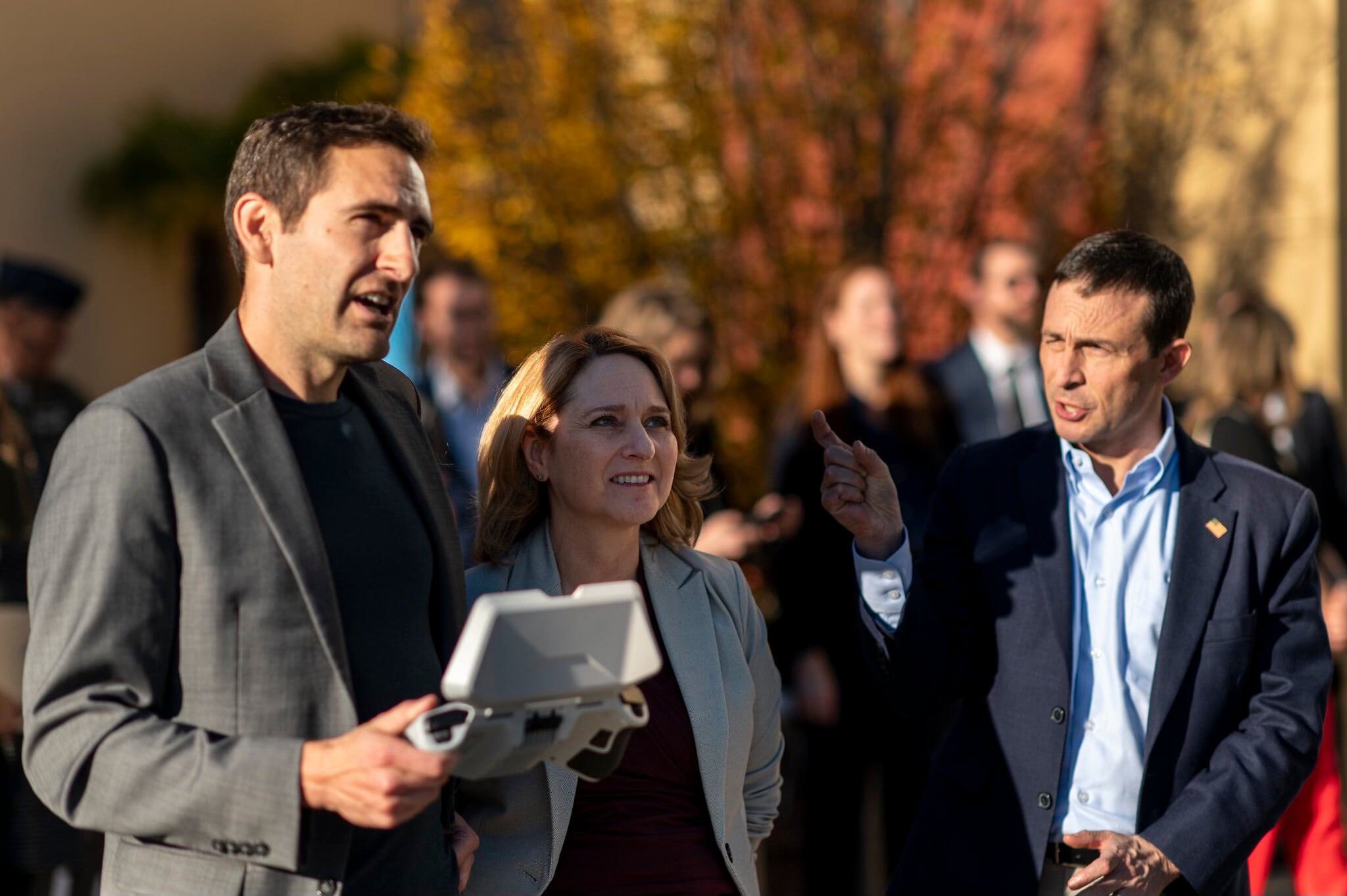The pandemic revealed the importance of the global supply chain and the impact it plays in our daily lives. While the disruption experienced from the pandemic is close to behind us, threats to our supply chains are still abundant and can come in many forms.
Today’s geopolitical climate, specifically Russia’s war on Ukraine and the Chinese Communist Party’s (CCP) human rights abuses has increased tensions in the United States and created new national security risks that will continue to impact global supply chains.
RELATED

After the U.S. Congress imposed the Uyghur Forced Labor Prevention Act (UFLPA) to prevent the importation of products from China’s forced labor, it raised the question for both consumers and suppliers: Where are our products and the underlying parts that make up those products coming from?
According to McKinsey’s recent survey of supply chain leaders, 45 percent have no visibility into their upstream supply chain or that they can see only as far as their first-tier suppliers. For the U.S. to remediate these supply chain risks at scale; we need end-to-end visibility—giving companies the foresight to keep out bad actors undermining our national security.
Mitigating that risk means understanding our supply chains and every party involved in every part or process of those supply chains – down to who is providing the nuts and bolts. Since understanding the different touchpoints of the supply chain is a massive undertaking, sometimes to the tune of thousands of sub-tier suppliers, organizations can’t rely solely on personnel and spreadsheets to manage the problem. Here AI will need to play an integral role in achieving the scale required to do an adequate job.
Over the past few weeks, AI, such as ChatGPT, has taken the global stage as U.S. lawmakers and foreign policy leaders grapple with determining how to govern artificial intelligence. President Joe Biden has acknowledged the “enormous promise” that AI offers, but as we have seen with other new and emerging technologies, there are challenges that must be evaluated.

As policymakers create rules of the road for AI, it is important that they understand the role AI is currently playing in securing the global supply chain and protecting our nation. Lawmakers approaching AI with skepticism have the right intent, but the regulation of AI needs to be carefully thought out in order to not impede on innovation or current uses of AI that exist to protect human health and wellbeing and our collective national security.
Acting quickly is in the country’s best interest, but there is a fine line. By leveraging AI, we can keep bad actors —whether they are terrorists, fraudsters, or foreign intelligence agents – out of our military or industrial supply chains. The widespread adoption of supply chain AI software will empower the U.S. government and industry to comb through billions of records and identify where suppliers and their suppliers may harbor potential risks, creating a level transparency that otherwise would be unachievable.
Comprehensive framework
With big tech companies calling for regulation to put some guardrails around the use of AI, it is the role of lawmakers to heed these warnings and protect against those who may be looking to direct its power at nefarious activities. The need for a comprehensive framework promoting responsible use of AI could be valuable but not at the expense of handcuffing those using it for good.
But what is the right approach to regulation when the technology is already out there?
With millions of developers and countless hours poured into creating innovative solutions that drive our operational efficiencies forward at a speed never thought possible, we find ourselves in a bit of a ‘you can’t stop it, you can only hope to contain it’ situation.
While negative aspects of AI have received a lot of attention, AI’s role in securing the U.S. supply chain cannot be overlooked. Supply chain visibility is imperative to U.S. national security, and we cannot achieve the scope of visibility we need to secure our supply chain without the application of AI.
Brendan J. Galla is the Chief Product Officer at Exiger, a supply chain risk-management software company.






